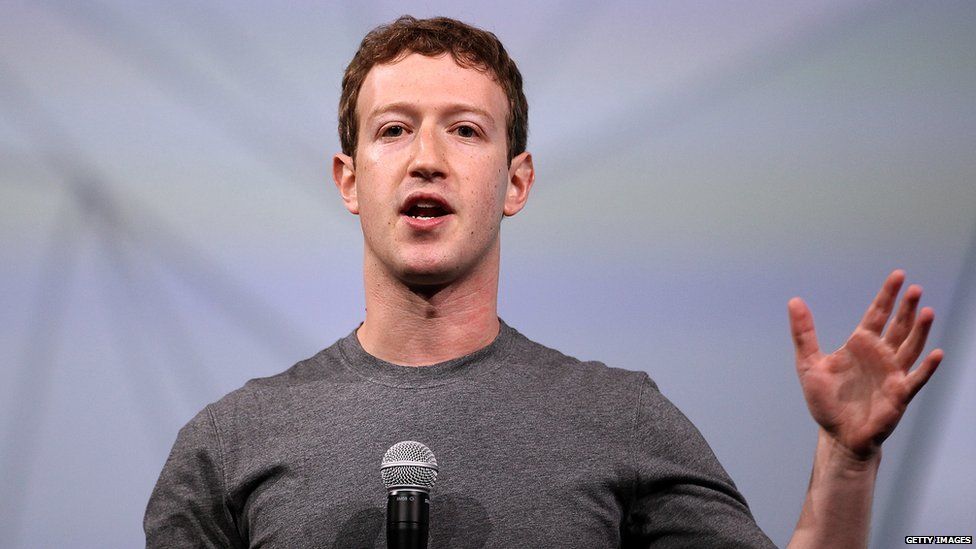Tech regret: Five inventors who questioned their creations
- Published

Facebook founder Mark Zuckerberg has spoken to the BBC about how people are withdrawing from the "connected world".
In the interview, accompanied by a 5,500-word letter about the future of Facebook, he considers the failures of globalisation.
It can't quite be called regret, but the entrepreneur is certainly looking back with mixed feelings.
And he's not the only tech inventor to question their creation. Here are five of the most surprising.
The double slash
Sir Tim Berners Lee, the man behind the world wide web, was asked back in 2009 what he'd do differently if he had a second chance.
We've all probably got things we'd love change about the internet, but his answer was a lot more minimal.
He said he'd get rid of the of the "//" after "http:" at the start of web addresses. That's it.
The double-slash was commonplace in programming back in the day but doesn't really do anything.
Sir Tim argues we could have saved countless hours of effort, and countless trees from making paper, if he'd just left it out.
Flappy Bird
As short-lived mobile game crazes go, Flappy Bird was up there with the best of them (*cough* Pokemon Go *cough).
If you never played it, the idea was to guide a poorly-animated bird through some poorly animated pipes.
The extremely simple, but extremely frustrating app was downloaded 50 million times.
At the height of its popularity in 2013, its Vietnamese creator Dong Nguyen was reportedly earning $50,000 (£30,450) a day from advertising.
But he apparently couldn't take the number of people writing to him saying the game was ruining their lives.
Pop-up adverts
Okay, so maybe this one is less surprising. In 2014, a man called Ethan Zuckerman wrote an essay called The Internet's Original Sin.
In it he explains that back in 1990s he "wrote the code to launch [a new] window and run an ad in it".
In other words - he invented the pop-up.
"I'm sorry. Our intentions were good," he goes on. We don't think sorry is quite going to cut it, Ethan.
Emojis
Think of professor Scott Fahlman as the great grandfather of the emoji.
At 11:44am on 19 September 1982, while working at a university in the US, he sent this mass email:
"I propose the following character sequence for joke markers: :-) Read it sideways."
It's the first known use of a smiley and it was designed to make it easier to distinguish between serious and silly messages.
But Professor Fahlam isn't such a joker when it comes to the little yellow faces that his invention spawned.
"I think [emojis] are ugly," he told The Independent in 2013.
"They ruin the challenge of trying to come up with a clever way to express emotions using standard keyboard characters."
Comic Sans
A few years on, it seems almost unbelievable that there was once a world-wide movement to ban the font Comic Sans.
It makes you wonder why people in 2010 didn't have better things to do with their time.
Still, the inventor of the "world's most-hated font" has admitted he too has reservations about what he created.
Vincent Connare came up with it in the early 1990s, while trying to make a short-lived computer dog called Microsoft Bob more exciting.
Unsurprisingly, the concept of a dog giving out PC tips quickly died a death.
Comic Sans, though, lived on to be hated to this day.
Find us on Instagram at BBCNewsbeat and follow us on Snapchat, search for bbc_newsbeat